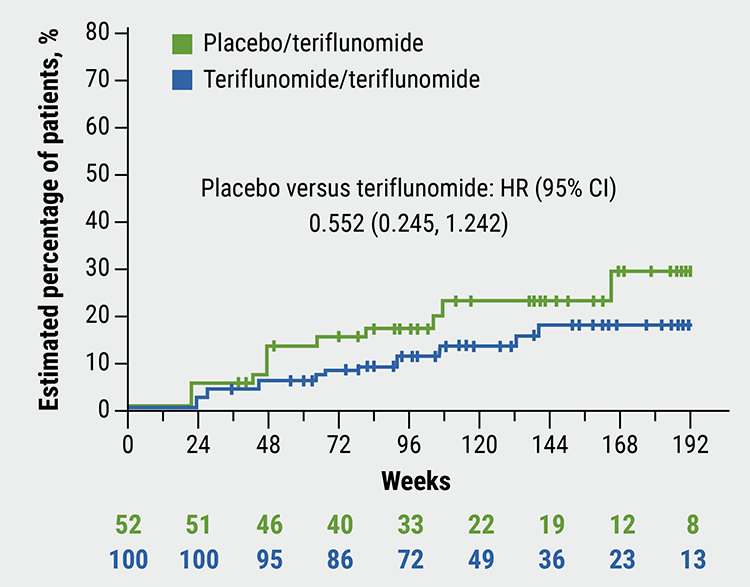In adults, the opposite is true, with slower metabolizers more likely to have AEs with sertraline, Dr. Katelyn M. Rossow of Vanderbilt University Medical Center (VUMC) in Nashville, Tennessee, told Reuters Health by phone.
"This study really highlights the need for more research in this area, and particularly more research before we apply some of these adult-based pharmacogenomic guidelines to pediatric patients," she said. It's common for clinicians to interpret pharmacogenomic-panel results for children based on adult guidelines, she added.
Up to a third of children on selective serotonin-reuptake inhibitors (SSRIs) have AEs, Dr. Rossow and her colleagues note in Pediatrics. Adults and children have different AE patterns, they add, with children more likely to develop activation syndrome.
Clinical Pharmacogenetics Implementation Consortium guidelines currently recommend halving the dose of sertraline or (es)citalopram in adult PMs, they add. "However, given limitations to what is known about CYP2C19 function and this drug-gene interaction in children, it is recommended to use caution when extrapolating these guidelines to the pediatric population," they write.
Dr. Rossow and her team looked at electronic health records for 249 children who had been on sertraline for at least seven days and 458 exposed to at least two days of (es)citalopram.
NMs were 90% more likely to have sertraline AEs than were PMs or IMs after adjustment (P=0.04). Patients on (es)citalopram who were NMs were also more likely to have AEs (hazard ratio, 1.6), but the difference wasn't statistically significant.
"Considering the retrospective nature of this study and lack of causality assessment with this design, we recognize the limitations of this study and do not recommend changing pediatric prescribing practices of sertraline and (es)citalopram based on CYP2C19 function at this time," Dr. Rossow and her colleagues write.
"However, these unexpected findings highlight the need for further analysis of sertraline and (es)citalopram AEs in larger pediatric cohorts to determine the relevance of CYP2C19 variants in guiding therapy for this population," they add.
SOURCE: https://bit.ly/35WNFG1 Pediatrics, online November 24, 2020.
By Anne Harding
Posted on
Previous Article
« Remote disease management program improves lipids, blood pressure Next Article
Anti-seizure medication shows promise in ALS »
« Remote disease management program improves lipids, blood pressure Next Article
Anti-seizure medication shows promise in ALS »
Related Articles

November 25, 2020
TERIKIDS trial extension of teriflunomide in paediatric MS
© 2024 Medicom Medical Publishers. All rights reserved. Terms and Conditions | Privacy Policy
HEAD OFFICE
Laarderhoogtweg 25
1101 EB Amsterdam
The Netherlands
T: +31 85 4012 560
E: publishers@medicom-publishers.com

